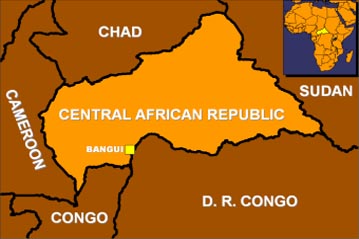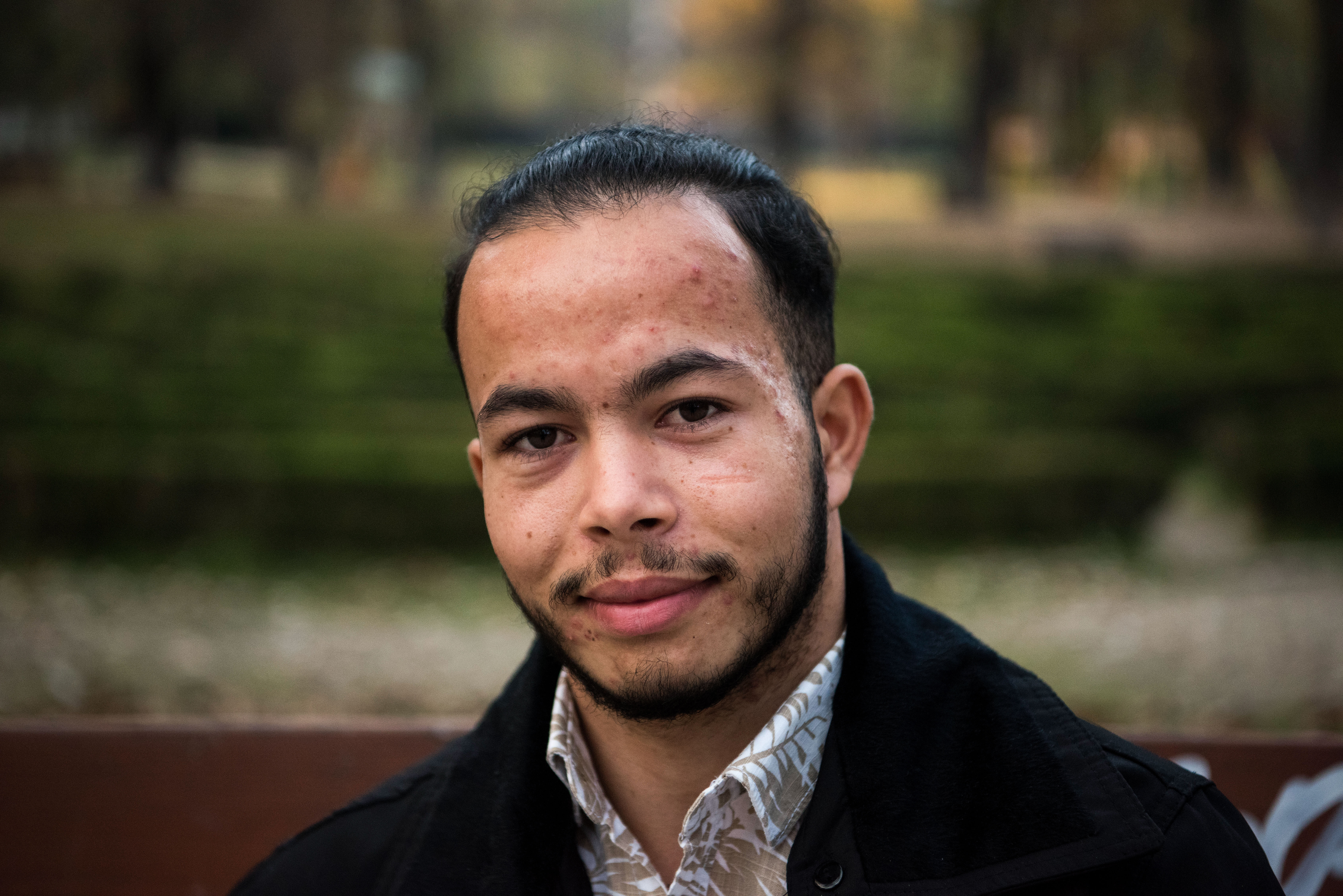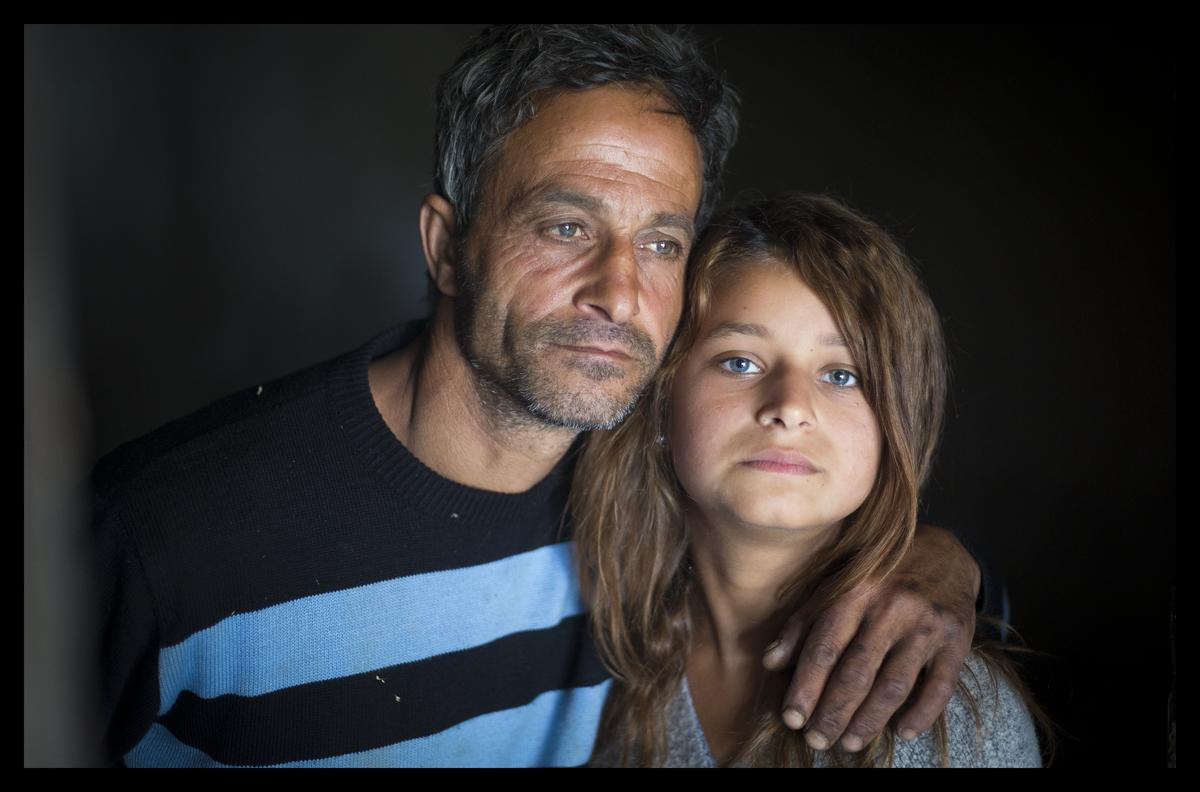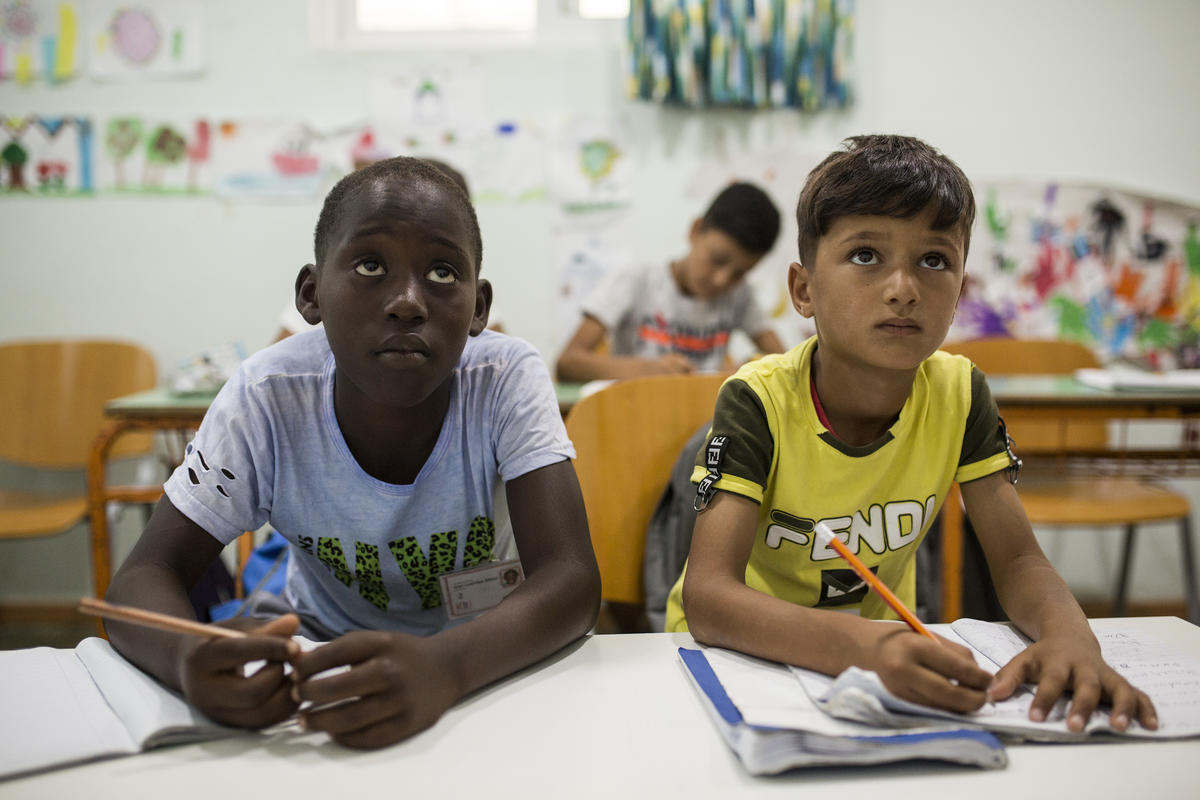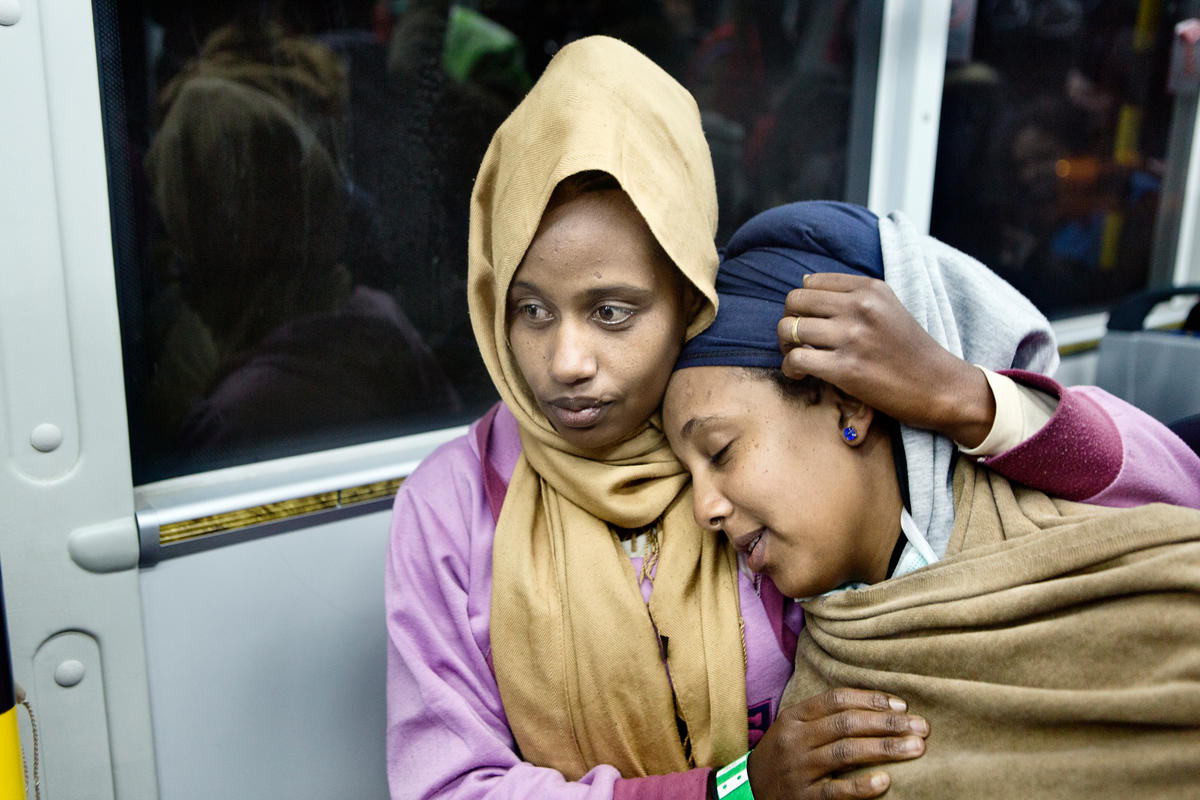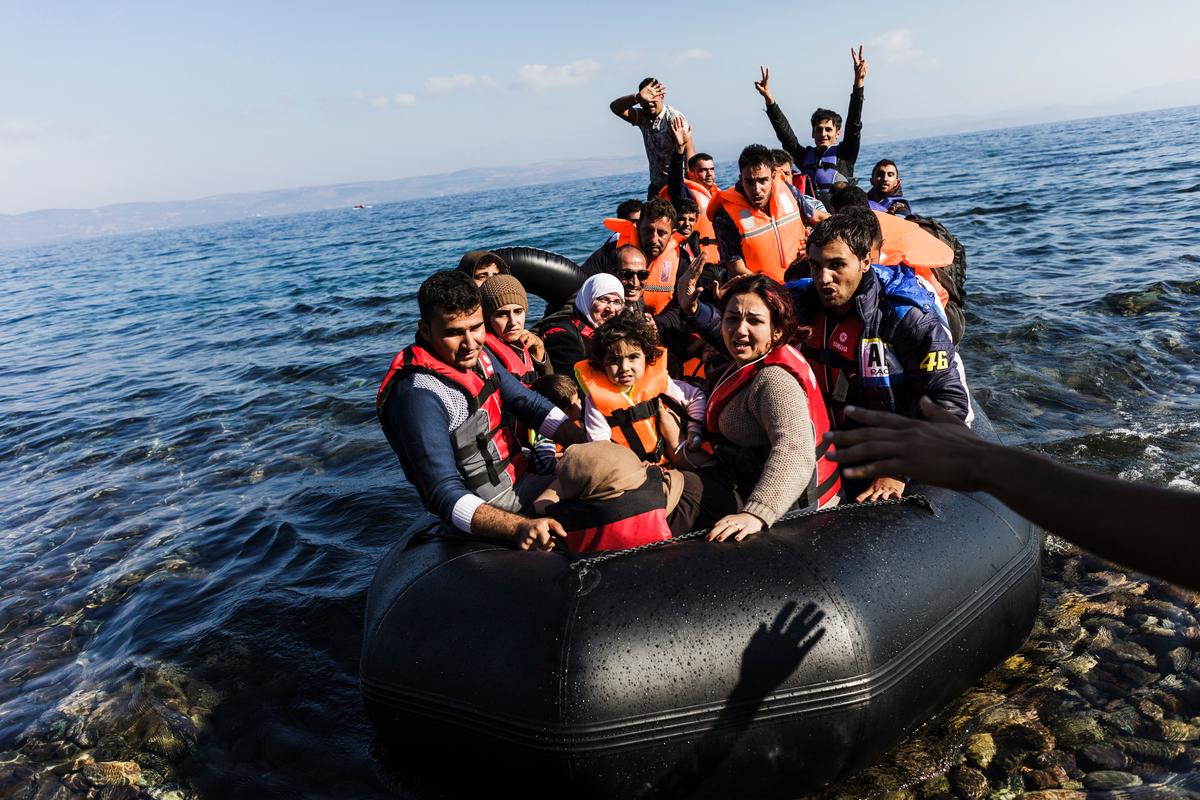FYR of Macedonia: civilian exodus eases, but tensions persist
FYR of Macedonia: civilian exodus eases, but tensions persist
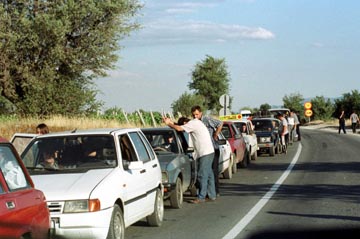
Skopje, 27 June 2001 - The flow of ethnic Albanians from the former Yugoslav Republic of Macedonia (FYROM) into Kosovo dropped sharply Monday, but aid officials braced for more arrivals amid continuing tensions between ethnic communities here.
In Pristina, Kosovo, UNHCR appealed to donors for US $17.5 million in emergency assistance during the next six months to help more than 65,000 refugees who have fled to Kosovo, another 6,000 in Serbia and thousands more internally displaced within FYROM.
"UNHCR must be prepared for a worst-case scenario, even though it is not too late for a peaceful solution to be found," UNHCR's special envoy for the region, Eric Morris, said.
Slightly more than 800 people crossed through the main border posts at Blace and Jazince Monday compared with 8,300 the previous day, the highest figure since early May.
The decline reflected the end of a tense stand-off because of the presence of Albanian refugees in the village of Aracinovo near the capital.
Skopje was calm but tense Tuesday after violent anti-government riots the previous day. Ethnic Albanians in the northern part of the city stayed alert throughout the night, fearing their homes could be targeted by a violent crowd which attacked the parliament building Monday night.
There were sporadic clashes in other parts of FYROM and aid officials anticipated more arrivals in Kosovo during the coming days.
Successful operation
Since the conflict in FYROM began in late February, local organizations and community networks have played a key role in what has thus far been a successful emergency response.
But Morris warned that the crisis was placing an increasing burden on the local population in Kosovo and the requested emergency funds would enable UNHCR to support host families which were sheltering refugees.
The funds would also provide food and other assistance to the affected population and help prepare the groundwork for more refugee flows in the region.
On Monday, the agency opened a 'full service' registration centre in Kosovo which could shelter as many as 14,000 civilians should the need arise. The agency has also been identifying gaps in emergency assistance and possible longer terms needs, including shelter and heating.
The agency renewed earlier calls to the FYROM government and ethnic Albanian armed groups to reach a peaceful solution through talks.
"Only when all the refugees and displaced persons in the region have been able to return to their homes will there finally be peace in Southeast Europe," Morris said.

